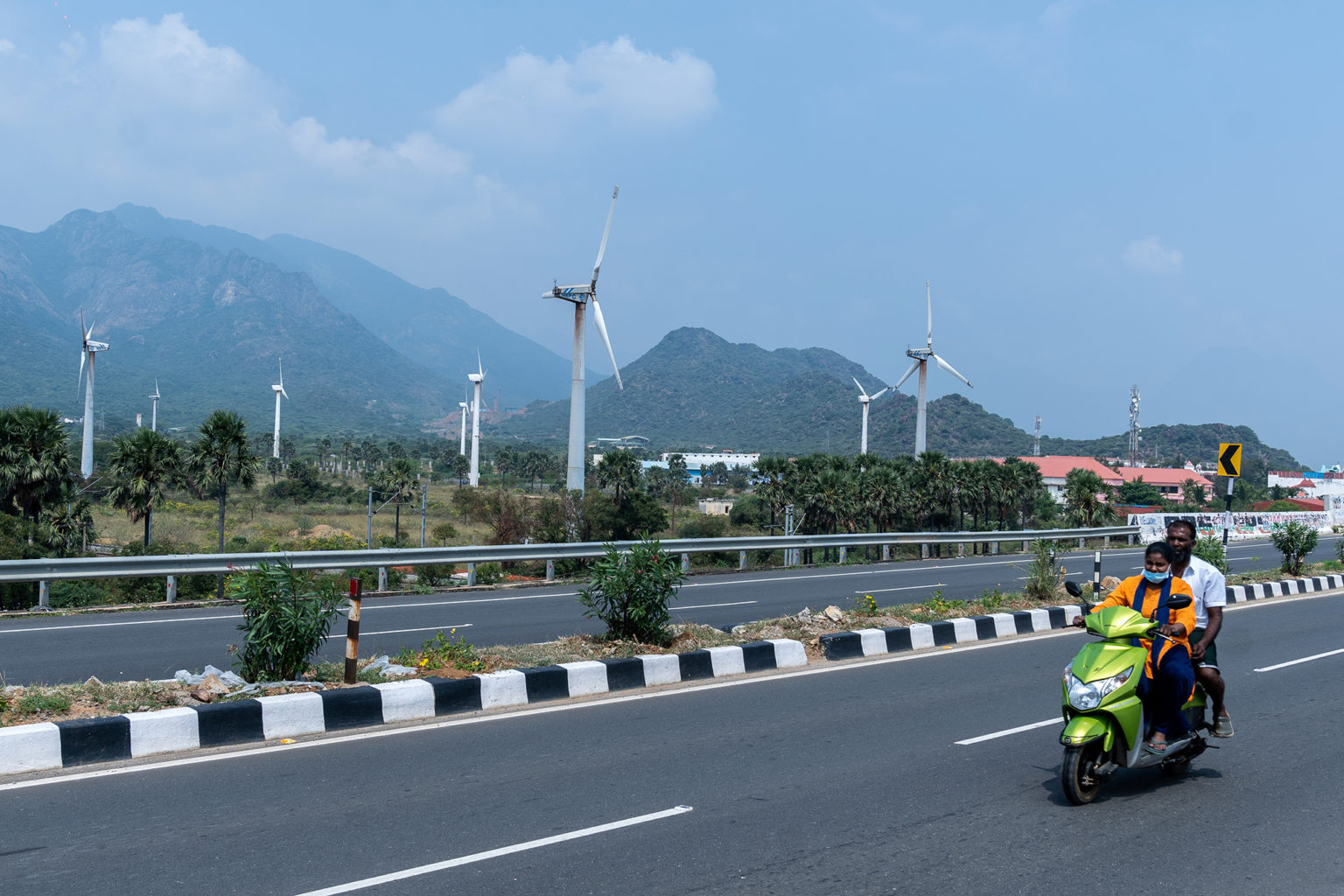The controversy over the Planning Commission's invitation to several foreign consultants - including some from the World Bank and the Asian Development Bank - to take formal roles within the commission may be finally beginning to cancel itself out. NDTV reported on September 21 that the foreign invitees working with the Banks have written to Montek Singh Ahluwalia, deputy chairman of the Commission, offerring to opt out. If the resginations are accepted by Ahluwalia, this will probably satisfy the Left parties which opposed their inclusion, as well as a few of the foreigners' Indian peers in the Commission who had threatened to resign in protest.
But even as matters return to status quo ante, the questions raised by the controversy are still very much alive. This is the first time that the multilateral banks have been invited to the committees of the Commission. Ahluwalia explained that this decision followed directly from the financial inputs of these institutions. Business Standard quoted him thus: "The World Bank and ADB give a large amount of aid to India. In sectors where they are active, their views will be taken on board."
The Left parties supporting the government were immediately critical, arguing that including representatives of the banks in the Commission is tantamount to giving them an institutional platform from which to dictate national policy. The Prime Minster, however, backed Ahluwalia; it is unlikely, in any event, that the invitation could have come about without his encouragement.
A spokesman for Commission member Syeda Hameed suggested to India Together that too much of a fuss should not be made over the government's move. Perhaps. But there is a history to such criticism. The track record of the WB (and its cousin the International Monetary Fund) in dictating economic policy to Third World nations underlies the concerns over such developments. Against that background, Ahluwalia's attempt to link the money the institutions provide to their proposed roles in the Planning Commission isn't healthy.
Besides, there are plenty of other reasons to frown upon the invitation.
One, inviting the lender to make evaluative or programme prescriptions to the client is not as automatic as Ahluwalia seems to believe. The paradox of development financing for India by the multilateral banks, as the Planning Commission very well knows, is that leaky and ineffective development programs have never precipitated the risk of loan defaults. The banks' money has been regularly repaid even when it was applied to dubious purposes, because in the government's budgets debt servicing takes priority over development. Reckless fiscal management may change that, but with the passing of the FRBM law and successive governments' public commitments to prudence, that risk is not imminent.
Second, it would have helped if Ahluwalia had acknowledged that the banks actively seek a larger 'developmental' role for themselves, one that stems historically from the nature of the relationship between development financiers and third world governments. In fact, it is the banks that may want presence at the Planning Commission, more than the other way around. Recently, the World Bank's New Delhi office organized a conference on public policy and service delivery that witnessed the participation of a senior advisor from the Planning Commission and number of other officials and experts from the development sector. For the banks, from there to a seat at the table of influence over planning assessments is a sought-after step.
Three, central planning doesn't really work, especially for large and diverse democracies such as ours crying out for greater decentralization. That conclusion should be obvious to anyone with even a slight familiarity with 20th-century history. The only reason to persist with it now is because the government is unable to come to terms with decentralising the planning process and move authority and responsibility away from itself. But the ideals of democracy demand more confidence in the citizens and the institutions of governance at every level.
The Commission is the original apparatchik instrument, dating back to a time when all progress was 'planned' in New Delhi, and (probably for that reason) got a lot of things wrong. That legacy continues; today we are witnessing the irony of those who promote free markets and enterprise seeking a consultative role in an institution whose history is replete with curtailing such freedom. Not only the World Bank and ADB representatives, but others already in the commission too should be asking for an appraisal of the Commission itself, and not haggling over who should be included in the pointless machinations over its appraisal of the current five year plan.
The Commission is not totally unaware of its anachronistic state. There has been some talk of reinventing the body; perhaps such change will put a stop to the institution directing the minutiae of the nation's development, and instead trusting more in the enterprise of state and local governments that are much closer to the citizens. On that task, the nation is already running about 50 years late.























